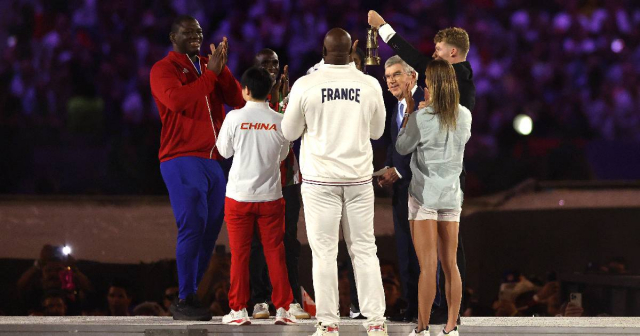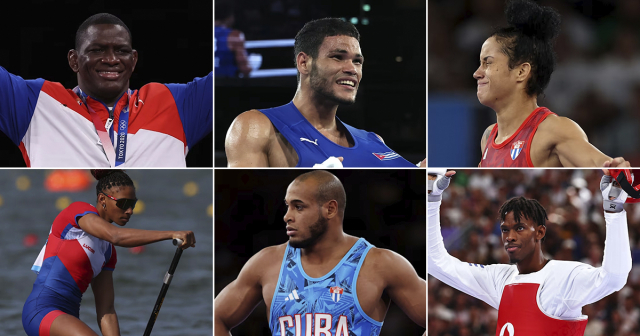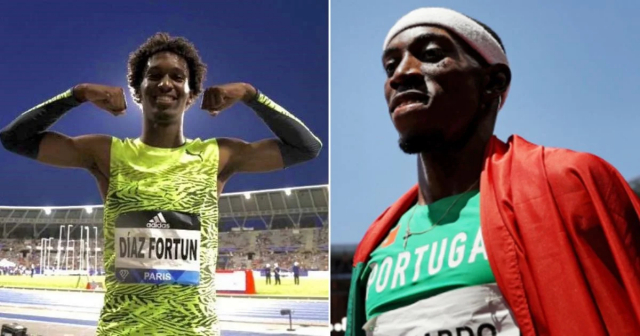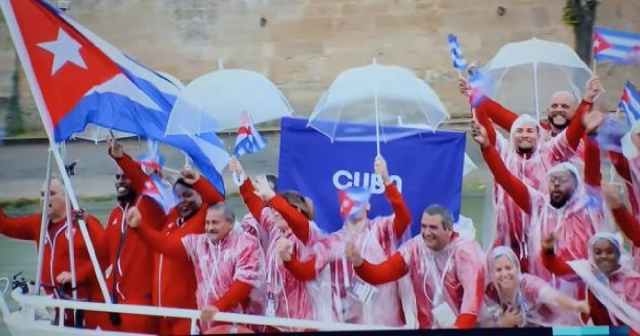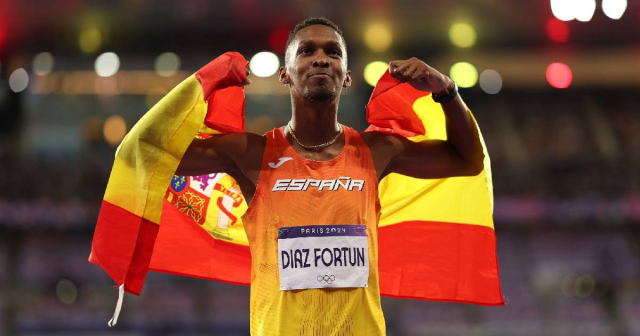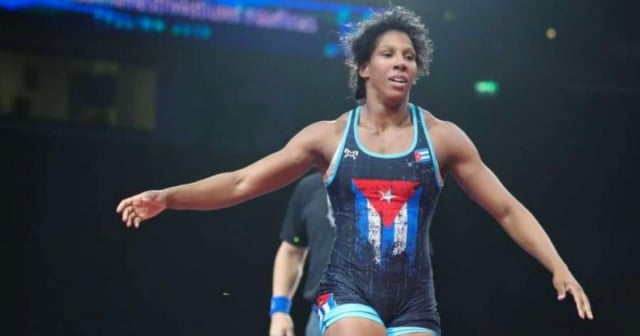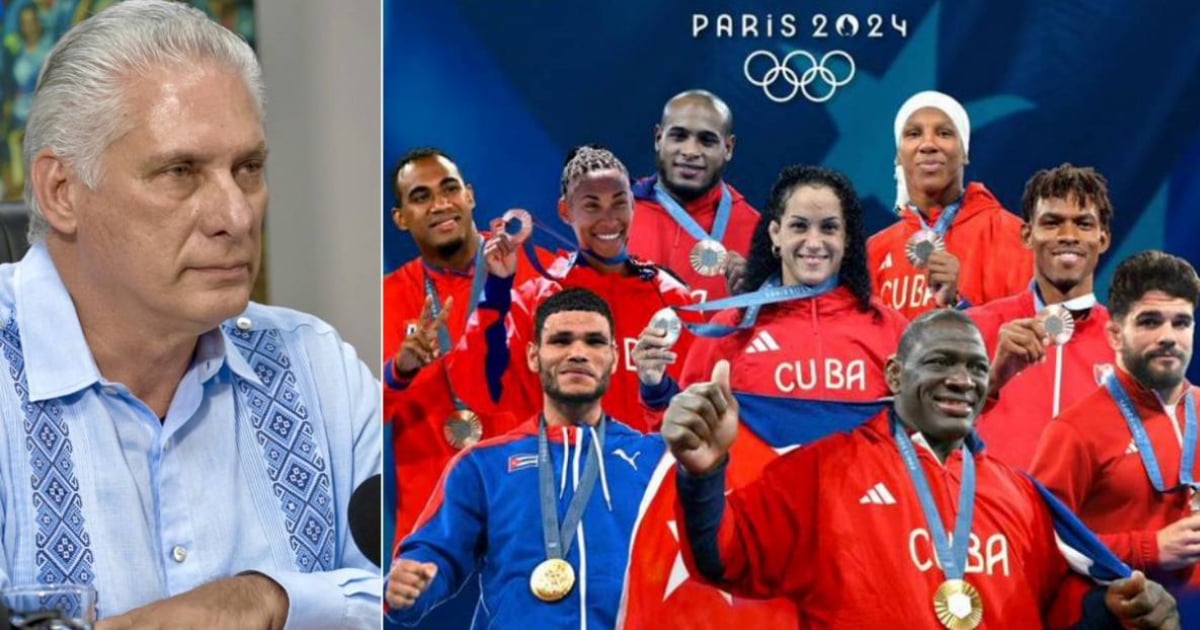
The leader Miguel Díaz-Canel acknowledged that the government is not allocating enough resources to sports in Cuba, but downplayed the issue, assuring that there is a dedicated people who will support the athletes to achieve glory.
"Congratulations, dear medalists of Paris 2024. Behind your triumphs, there are no great resources, but rather the enormous sacrifice of a people of athletes who have not stopped dreaming of Olympic glory. Like Mijaín, who was able to touch it 5 times. His courage inspires," said Díaz-Canel.
Cuba ranked 32nd in the medal table of the 2024 Paris Olympics. In total, Cuban athletes won two gold medals, one silver medal, and six bronze medals.
The result was well below the forecasts announced by the National Institute of Sports, Physical Education, and Recreation (INDER). The performance of Tokyo 2020 was not surpassed, when the island ranked 14th, with seven golds, three silvers, and five bronzes.
The poor results in Paris are influenced by various factors. Firstly, there is the exodus of athletes. Many of them competed in the Olympics representing other flags. CiberCuba conducted an analysis on this issue, and if those medals had been for Cuba, the country would have finished in 22nd place.
However, it is also a result lower than Tokyo, which leads us to think about other factors that are affecting Cuba's worse position in sports at the international level.
Among those factors is "the lack of resources." Sports are under state control and therefore most facilities are destroyed, do not incorporate the use of new technologies, and have training materials that are scarce, old, and broken.
Athletes often lack even the basic clothing and footwear for training. The gyms are outdated, with dusty, smelly, and worn-out mats and wooden boards. The grass on the fields is dry, with holes and unevenness.
The changing rooms are practically four walls with a bench. In most, neither the showers nor the toilets work properly. There is no sauna, no ice baths, nor any type of comfort.
Water sports sometimes do not have pools for training. Rowing, kayaking, and sailing do not have enough boats, and the ones that do exist are restored.
There is also no transportation for the athletes, who must travel on their own from the sports centers to the schools and then to their homes. The athletes' diet is terrible.
International competitions, essential for developing skills that allow athletes to surpass their opponents, are almost non-existent. INDER has even suspended participation in events when athletes have their bags packed, completely demotivating them.
Considering this harsh reality, it is understandable that prestigious Cuban coaches express concern about the future of sports in Cuba and consider it a miracle that the island is in 32nd place worldwide.
The achievements do not speak of the sacrifice of the people, but of the selflessness and talent of a few athletes who, despite everything their government denies them, are able to overcome obstacles and hang a medal on their chest.
The medal of every Cuban in Paris 2024, Díaz-Canel should understand as a true act of rebellion, a demonstration of what the people of Cuba could achieve the day they stop thinking about the chicken from the ration book and start focusing on challenging all barriers to "dream of glory."
What do you think?
COMMENTFiled under:

